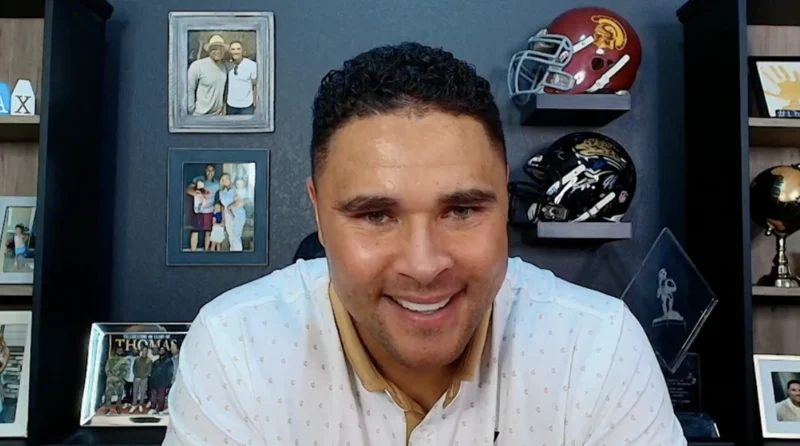Beyond the Numbers: The Oil Spill Liability Tax
For this discussion on motor fuels taxation issues, Beyond the Numbers sits with two of Weaver’s industry leaders, Emilda Santiesteban and Leanne Sobel, J.D., both Directors of Motor Fuels and Excise Tax Services. They join host, Tyler Kern, to explore motor fuel taxation dynamics and offer their insights on a constitutional challenge to the federal oil spill liability tax.
Sobel discusses the four main areas taxed under the oil spill liability tax, which levies a barrel tax on oil and petroleum products. These taxes get placed on both crude oil and petroleum products imported into the United States. Domestic crude oil received at a refinery also gets taxed, and lastly, there is a provision in the statute to impose the oil spill tax on crude oil exported from the United States if previously untaxed.
On March 24, 2022, the Fifth Circuit Court of Appeals found the federal oil spill tax under IRC Section 4611(b) unconstitutional when imposed on exports of crude oil from the United States; a ruling that will require the government to refund $4.5 million of previously collected oil spill excise tax. The ruling indicates taxes levied on crude oil exports were unconstitutional under the U.S. constitution’s export clause. Sobel and Santiesteban explain that prior to 2016 strict controls existed on oil exports from the United States.
However, export restrictions were lifted after 2016 which led to an uptick in export taxes on crude oil. The constitutionality of these taxes has come into question, and the courts ultimately agreed with an earlier decision that found export fees to be unconstitutional.
The United States has not filed an appeal to the Supreme Court in this matter. “With regards to taxpayers and industry participants, it is time to consider how to proceed if the case stands. What does that mean for tax they have already paid into the treasury for exports of crude oil?” Sobel said.




